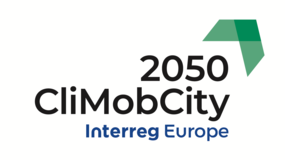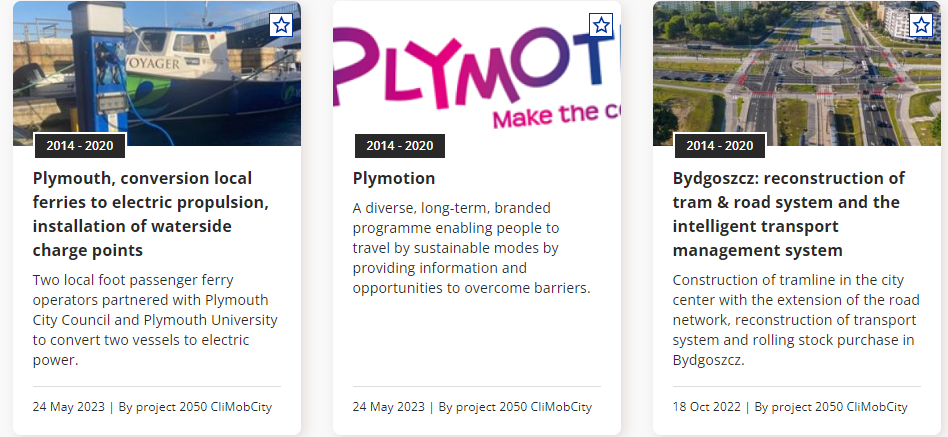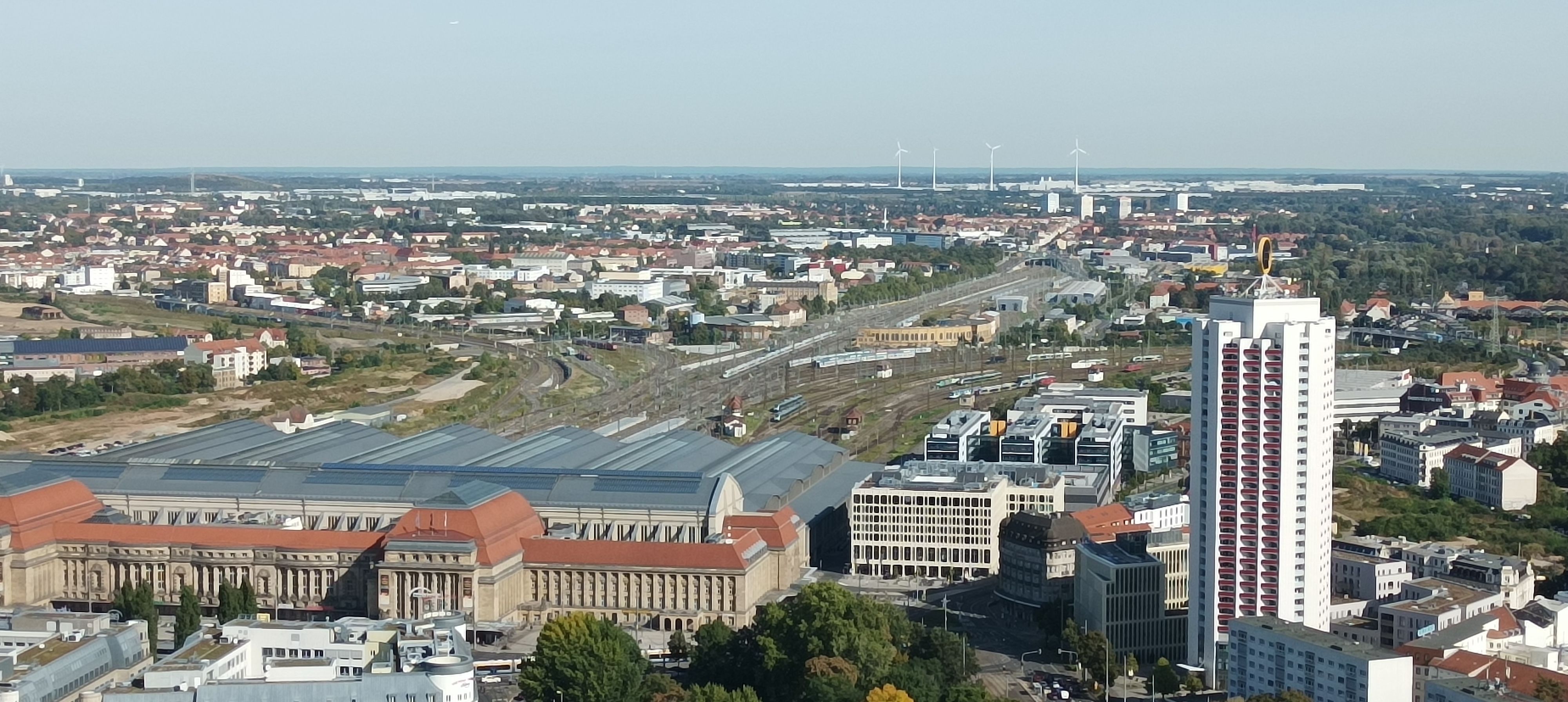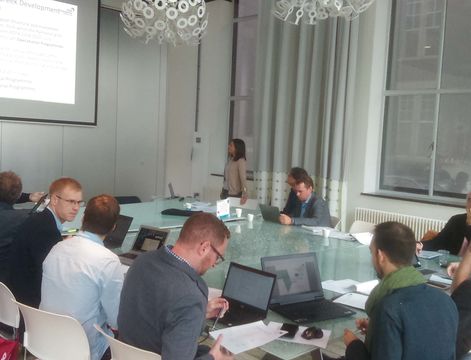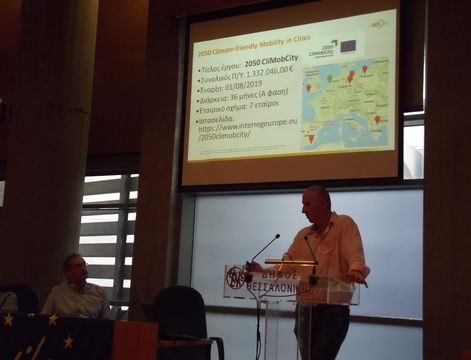Many cities have established climate targets for traffic and transport, but are uncertain about whether their policies and measures will result in a sufficient reduction in carbon emissions.
The 2050 Climate-friendly Mobility in Cities (2050 CliMobCity) project aims to address this question with the participation of four partner cities: Plymouth (UK), Leipzig (D), Bydgoszcz (Pl), and Thessaloniki (Gr).
The project began in August 2019 and will continue until the end of July 2023, with the Potsdam Institute for Climate Impact Research (PIK) and TU Delft serving as knowledge partners. TU Delft is also the project leader. Interreg Europe is co-financing the project.
The project's intriguing findings will be presented during the 'Final Dissemination Event' (FDE) from June 19th to 21st, 2023, in Leipzig, with the option of participating in person or online.
During the event, guest speakers will discuss national and European policies that can support municipal goals. Also, site visits to example projects in Leipzig are organised.
Regarding the project, there are two primary types of activities.
The first activity involves compiling mobility and traffic packages of measures aimed at reducing CO2e emissions. Each partner municipality has defined one or more packages of measures, with the mobility effects of each package estimated using an urban traffic model. Subsequently, the Potsdam Institute for Climate Impact Research (PIK) analysed the resulting reduction of CO2e emissions. The impact evaluation also addressed the spatial implications of the packages.
As the project name indicates, the project focuses on strategic planning, so on the (very) long term, and on the big, strategic picture. Because the respective municipalities have different starting points and are in different stages of development, they have chosen their own plan horizons in line with their objectives. As a result, the outcomes of the studies cannot be compared directly, but the diversity provides a broad range of measures and their effects in various situations, which can be helpful to other municipalities.
The second activity involves drafting municipal Action Plans to initiate the implementation of the proposed measures. The development of Action Plans to enhance (regional) policy is a core objective of all Interreg Europe projects. The proposed actions were implemented and monitored in the project's final year. Because the transition to a low carbon emission mobility system is a long-term development, some of the proposed measures address policy and plan preparation.
During the FDE, measure packages and their effects, and the actions and their implementation will be presented to the audience.
Contact and further information
For further information, please contact:
• Ekki Kreutzberger (project coordinator; [email protected])
• Arjan van Binsbergen (communication manager; [email protected])
You can already subscribe to the event via the link: https://forms.gle/jPfjq79974Y7ZRZ78
Preliminary program
Day 1 (Monday June 19, afternoon):
- Welcome, brief introduction to the 2050 CliMobCity project, Leipzig's climate-neutral policy and a city tour.
Day 2 (Tuesday June 20, all day):
- Introduction of the Interreg Europe program, summary of the 2050 CliMobCity project, the Action plans and actions of the participating cities, the packages of measures proposed by the cities and their estimated effects, and a reflection on the results.
- In addition, guest speakers will discuss accompanying national and European policies and ideas about more far-reaching measures.
Day 3 (Wednesday June 21, morning):
- Tour through the city of Leipzig and the surrounding area: visit of approx. five concrete mobility projects aimed at increasing sustainability in the city.
Click here for the full program of the FDE meeting [*.pdf]
Click here for background information on the 'Demonstrations' part of the project [pdf].
